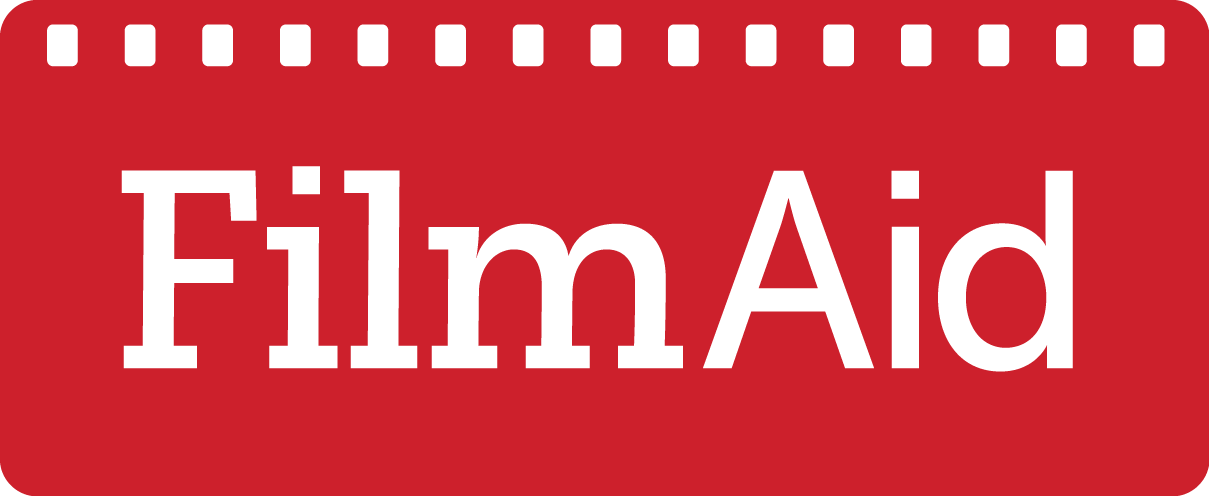In FilmAid's new drama series, SandBox - developed, produced and filmed in the world's largest refugee camp, Dadaab - we go behind the scenes into the community-based scripting process...
In the series, the character Uhuoma aspires to take a leadership role in a male-dominated football (for Americans, soccer) team. When the FilmAid production team asks a group of youth whether this is okay, the answer might shock you.
“A woman’s role is just to serve tea and not to take up leadership, especially in a male dominated sport...” ”
Here, it is sometimes difficult to change long-held attitudes and behaviors regarding women’s rights and social expectations without education and access to alternate beliefs. As an NGO focused on communications, FilmAid strives to provide refugees access to information and education, including on issues related to gender-based rights and relations.
FilmAid endeavors to deliver social change both individually and in the community, through creativity, collaboration and participation. An individual has the opportunity to increase their knowledge, and change their attitudes, while the community can also rise to the occasion by responding to social issues and addressing harmful social norms, making change possible.
This is why a story, a camera, and a script did not cut it for SandBox. FilmAid's Research and Learning Department stepped in and took it a notch higher, answering the following questions in close consultation with the refugee community in Dadaab: i.e., "pre-testing" the stories and characters for SandBox.
1. Does the material that FilmAid produce have the ability to deliver on its goal?
2. Is the material relatable? Is it believable?
3. Does it adhere to the "Do No Harm" policy?
4. Are the aesthetics and the creative elements of the story up to local and high standards?
As said by Mordecai Robins Odera, FilmAid's Research and Learning Manager for Kenya, and also the lead on the pre-testing for SandBox, “The scriptwriters should try as much as they can to make the audiences have a uniform understanding”.
The scripting process took place over six weeks, resulting in the final SandBox Script.
Stay tuned for more updates on the SandBox series over the next few months and check us out on Twitter, Facebook, and Instagram to stay in touch for #SandBox updates.
If you’re interested in hearing more refugee stories straight from the camp, check out our Dadaab Stories interactive website, which brings the power of refugees’ voices from across the world directly to your computer.
And as always, if you’d like to support FilmAid’s training and empowerment of local filmmakers, producers, writers, and actors, click here to find out how you can help.
Yvon Ngabo


